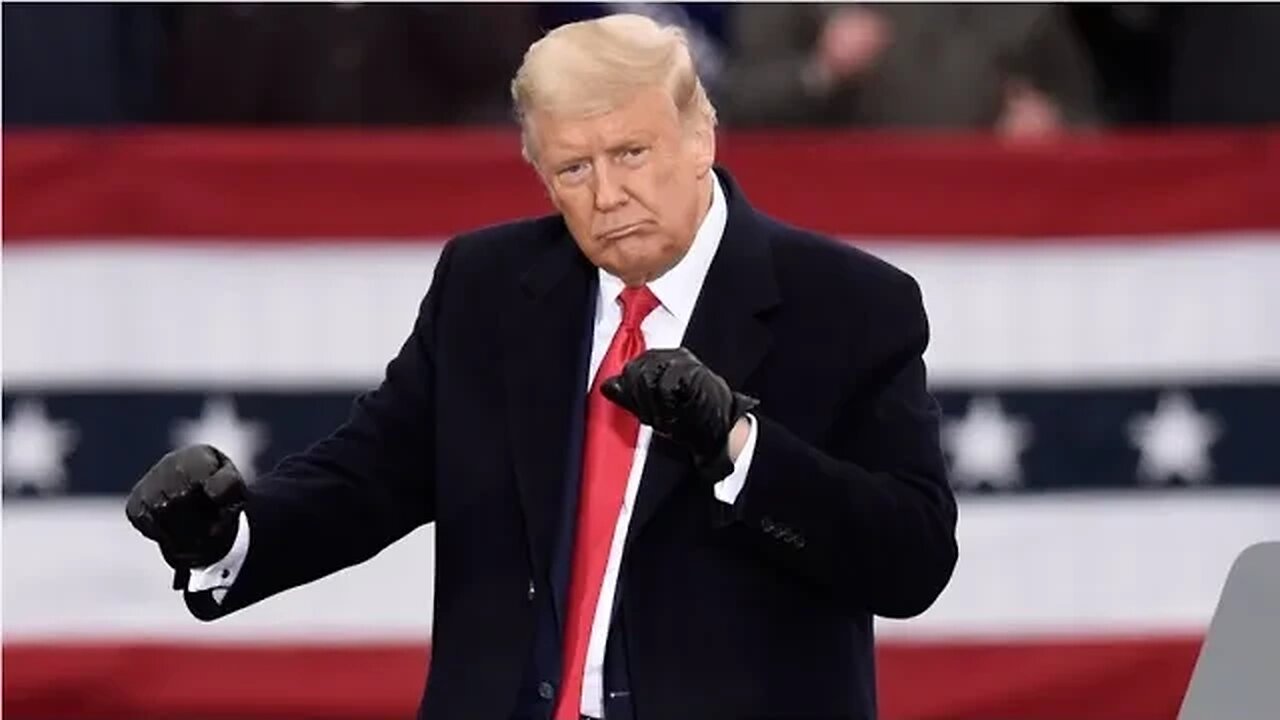The Iowa Caucuses, a significant event in the United States presidential election, took place recently with former President Donald Trump emerging as the winner. Despite the race being called with just 1% of the vote counted, multiple media outlets, including Fox News, CNN, NBC News, and the Associated Press, declared Trump as the victor. This early declaration drew criticism from reporters and commentators who argued that it was premature to call a winner before all votes were cast.
With 1% of the vote counted, Trump secured a commanding lead with 53.6% of the vote. Florida Governor Ron DeSantis trailed behind in second place with 20.8%, followed by former South Carolina Governor Nikki Haley at 17.6%. Tech entrepreneur Vivek Ramaswamy secured fourth place with 6.6% of the vote. The early polling leading up to the Iowa Caucuses consistently showed Trump leading his GOP opponents by a margin of over 30 points.
Voters braved below-zero temperatures during the Iowa Caucuses, making it the coldest event of its kind since its inception in 1972. The harsh weather conditions resulted in a lower-than-expected turnout, with approximately 120,000 voters participating compared to the record-breaking 187,000 voters in 2016. The anticipated weather-suppressed turnout was expected to favor the candidate with the most enthusiastic support, which was assumed to be Trump. However, several candidates cautioned against overanalyzing the outcome due to the challenging conditions.
Governor DeSantis placed a strong emphasis on Iowa, hoping to court the state’s large Evangelical base. He received endorsements from influential Evangelical leader Bob Vander Plaats and Iowa’s popular Republican Governor Kim Reynolds. These endorsements were seen as significant wins for DeSantis, who needed a boost in his campaign. DeSantis also invested heavily in ground game efforts and completed the “Full Grassley” tour, named after Iowa GOP Senator Chuck Grassley, who visits all 99 counties in the state each year.
On the other hand, Nikki Haley, initially not expected to perform well in Iowa, gained momentum in the polls over the past few months. Her appeal to independents and even some Democrats was cited as a reason for her growing popularity in the state. Haley positioned herself as the top Republican alternative to Trump and engaged in debates with her fellow contenders over her more centrist policy positions.
Tech entrepreneur Vivek Ramaswamy campaigned aggressively in Iowa, despite consistently polling in the single digits in the state. He completed the “Full Grassley” tour twice, demonstrating his dedication to connecting with voters. Although he was not considered a frontrunner, Ramaswamy aimed to surprise the political world with a solid performance in the caucuses.
The media’s early declaration of Trump as the winner received backlash from reporters and commentators. Critics argued that it was indefensible to declare a winner with such a low percentage of the vote counted. Some questioned whether the early call influenced voter behavior, as people could see on their phones that Trump had won before casting their votes. The Associated Press, CNN, and other outlets called the race after the caucus doors closed but before all votes were cast, violating the AP’s policy of not declaring a winner before all polls in a jurisdiction are scheduled to close.
While winning the Iowa Caucuses provides candidates with early momentum, history has shown that success in Iowa does not guarantee victory in the remaining GOP primaries. Previous winners of the Iowa Caucuses, such as Senator Ted Cruz in 2016, former Senator Rick Santorum in 2012, and former Arkansas Governor Mike Huckabee in 2008, all ultimately lost in the Republican primary.
The Iowa Caucuses allocate 40 delegates, proportionally distributed among the candidates based on their performance. To secure the GOP nomination, a candidate must obtain at least 1,215 delegates out of the estimated 2,429 delegates available in all 50 states and five U.S. territories.
Next week, the presidential candidates will face off in the first-in-the-nation primary in New Hampshire. As the campaign progresses, candidates will continue to vie for support and work to differentiate themselves from their rivals. The New Hampshire primary offers another opportunity for candidates to gain traction and influence the trajectory of the race.
In conclusion, Donald Trump’s victory in the Iowa Caucuses sets the tone for the upcoming primaries and establishes him as the early frontrunner. However, the road to securing the GOP nomination is long and challenging. The performances of DeSantis, Haley, and Ramaswamy demonstrate that the competition remains fierce, and the race is far from over. As the candidates shift their focus to the New Hampshire primary, the political landscape is bound to evolve, and new developments will shape the narrative of the 2024 Republican primary.


Leave a Comment